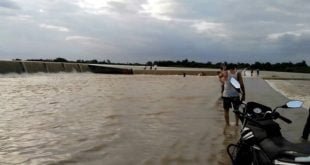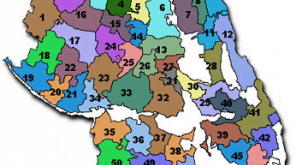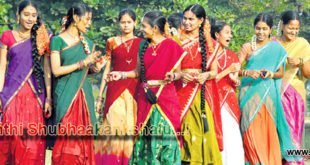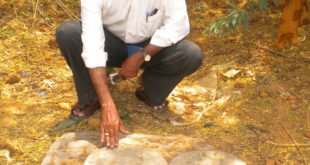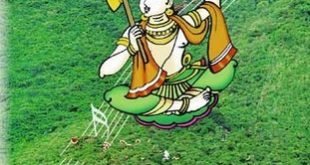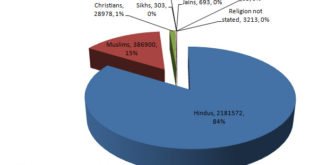Bombay Natural History Society (BNHS) has successfully completed 25 years of monitoring of the rare ground bird – Jerdon’s Courser – that is found only in one place in the entire world – Kadapa district of Andhra Pradesh. Based on the study done by BNHS, Andhra Pradesh Forest Department has recently submitted a Species Recovery Plan (SRP) to Ministry of Environment and Forests (MoEF), Government of India.
The National Board for Wildlife (NBWL) will consider in its forthcoming Standing Committee meeting on 24th January 2011 the inclusion of Jerdon’s Courser as one of the species for Recovery Plan under the centrally sponsored scheme “Integrated Development of National Parks and Sanctuaries”.
The three major components of this scheme are assistance to protected areas, assistance to outside protected areas and assistance for initiating recovery plans. Rediscovery of Jerdon’s Courser Jerdon’s Courser, which was considered to be extinct, was rediscovered by BNHS in January 1986. BNHS director Dr Asad Rahmani who is a member of NBWL, said, “This is the 25th year of the rediscovery of Jerdon’s Courser.
Andhra Pradesh Forest Department and BNHS have prepared a Species Recovery Plan for the protection of this critically endangered bird that is found only in one area of Andhra Pradesh and nowhere else in the world.” Jerdon’s Courser was first recorded by modern science in 1848 by a surgeon – naturalist T C Jerdon in the “hilly country above the Eastern Ghats off Nellore and in Kadapa district” of Andhra Pradesh.
Later it was also recorded in Gadchiroli district of Maharashtra and Anantapur and Bhadrachalam districts of Andhra Pradesh. After this there were no signs of the restricted range endemic and elusive species for 86 years until it was rediscovered by BNHS on 13th January 1986 in Kadapa district.
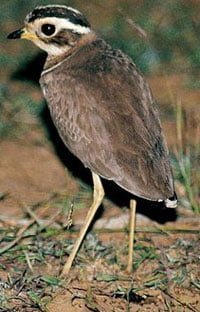
Subsequently the region was declared as Sri Lankamalleshwara Wildlife Sanctuary in 1988 and a postal stamp was released by Government of India in 1988. Ever since it was rediscovered, there have been only a few sightings of Jerdon’s Courser in and around the sanctuary. There is no data on its current population size or geographical distribution.
In 2000, a project funded by Darwin Initiative for the Survival of the Species, UK and sponsored by Andhra Pradesh Forest Department, Royal Society for Protection of Birds (RSPB) and the universities of Cambridge and Reading in UK was initiated by BNHS to undertake ecological research on the bird. Innovative research tools and conservation issues Under this project for the first time in 2002, the call of Jerdon’s Courser was identified and recorded by Dr P Jeganathan and his team.
Many innovative methods of camera traps were developed and used to locate the species. Camera trapping greatly helped in understanding the distribution of the species and detecting its presence from three new places in its habitat. New technology of digital camera traps was introduced in 2010, which has been helping in highlighting various pressures on its habitat. It has also helped generate information on other wildlife of the region.
Species Recovery Plan
In November 2010 a Species Recovery Plan (SRP) was developed with the help of the government, NGOs and local community leaders. The SRP has included aspects such as procuring baseline information, population ecology, conservation status, legislation, plan of operation, habitat recovery through sustainable development, recovery action and monitoring. It also includes advocacy, education, training and funding. Hitesh Malhotra, the Chief Wildlife Warden of Andhra Pradesh and his staff in the Forest Department have been actively taking several initiatives for carrying out the various project objectives.
The search and the study of Jerdon’s Courser are still on and it has been understood that to conserve this species it is very important to generate support from the local community. Initiatives have been intensified by arranging lectures and mass presentations in villages and educational institutions in the region to generate awareness about the bird. Various people from the local community have been identified to help to undertake these initiatives.
 www.kadapa.info Voice of the YSR Kadapa District
www.kadapa.info Voice of the YSR Kadapa District
